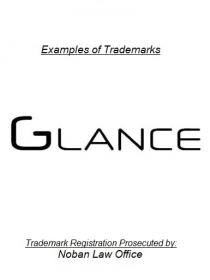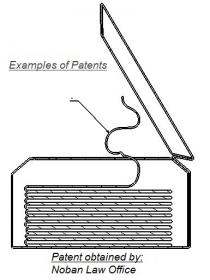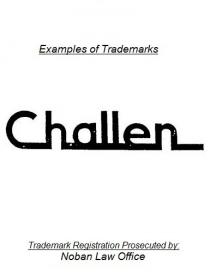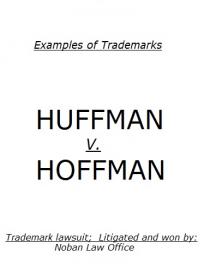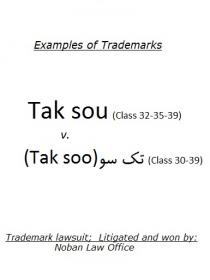German Ministry Advises Developing Countries Not To Sign ACTA
Germany’s Federal Ministry for Economic Cooperation and Development (BMZ) advises developing countries against signing the Anti-Counterfeiting Trade Agreement, BMZ official Frank Schmiedchen said during a meeting of the Committee of Petitions of the German Parliament yesterday.
The committee discussed a petition signed by over 60,000 German citizens calling for a stop to the ratification of ACTA by the German Parliament.
Currently, according to Max Stadler, state secretary in the German Ministry of Justice, there is no ratification process with the chances dwindling that ACTA would make it that far given the resistance in the European Parliament.
Stadler also said European Digital Commissioner Neelie Kroes’ recent statement that ACTA opponents could stop worrying about ACTA is an indication the agreement might fail.
Schmiedchen said BMZ came to the conclusion that there would be no negative effects to trade in generic drugs by non-signatory, developing countries with patent-related border controls excluded in the final agreement. With regard to border control measures against potential trademark infringement, this had already been imposed under current EU law and had resulted in a WTO complaint against the EU by India and China. As the Union wanted to avoid involvement in more WTO complaints, a change of current EU law is already under debate, he said.
The Effect on Seeds, Generics
But Schmiedchen said what so far has been beneath the radar of nearly everybody is the potential effect of ACTA on seeds.
According to the information gathered by his ministry, he said, there is a possibility that suddenly “somebody will show up in the fields of a non-signatory country and look what is there.”
Negative effects on generic drug distribution and trade is a huge concern, Médicins Sans Frontières (Doctors without Borders, MSF) said yesterday in a press release. Despite a far-reaching exclusion of patents from ACTA, for example, overbroad trademark provisions are still there, as is new third party liability, and civil enforcement provisions are applicable to patents unless specifically excluded by an ACTA member state.
Also third party liability provided for in ACTA would threaten access to medicines as it exposes third parties to the risk of enforcement.
“NGOs, such as MSF, who provide treatment and funders who support health programs are at risk of injunctions, provisional measures, and even criminal penalties, including imprisonment and severe economic losses,” they said.
The press release criticises the publication of a draft opinion of the Development Committee (DEVE) in the European Parliament. DEVE rapporteur Jan Zahradil (European Conservatives and Reformers) which recommends adoption of ACTA, alongside the Legal Committee’s Marielle Gallo (European People’s Party). This is contrary to three other committees in the EP, including the lead Committee on International Trade.
News source: IPwatch official website


